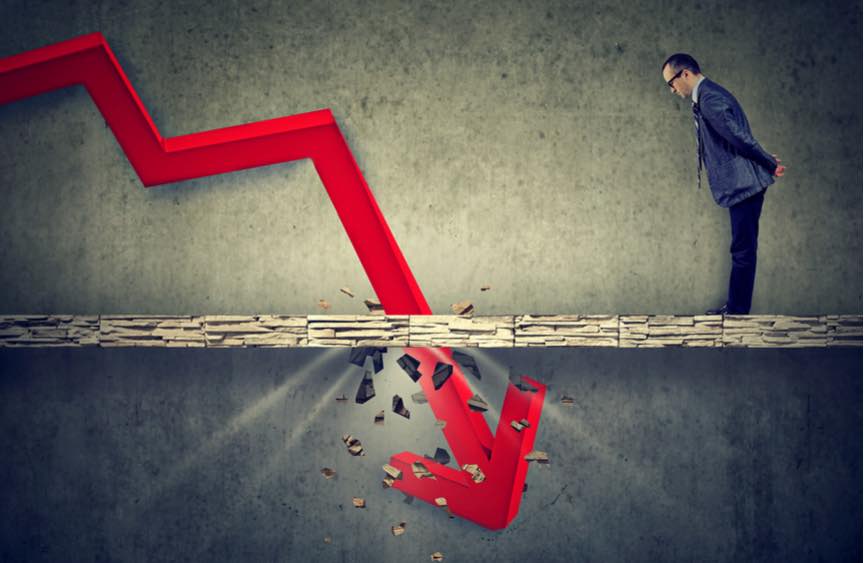
Standard & Poor’s latest economic research Countdown To Brexit: What Might Have Been For The UK Economy makes grim reading. Anna Tobin reports
Standard & Poor’s report acknowledges that the economy was not the focal point of the June 2016 referendum, but nevertheless, it has made a significant impact on the UK’s business model and, it states, that the anticipation of Brexit alone has negatively impacted on the UK’s economic performance. It identifies the fall in value in the pound as the trigger to a rise in inflation and a fall in household spending and private consumption. While net external trade failed to significantly benefit from the depreciation and uncertainty surrounding Brexit has led to business investment being stalled, further contributing to weaker growth.
If the referendum result had been to remain, Standard & Poor’s estimates that the UK economy might have been about 3% larger by the end of 2018. The report states: “We estimate that, by the end of 2018, the size of the UK economy was already between 2.4% and 3.4% smaller than it could have been otherwise. Our central estimate is that GDP was 2.9% lower at the end of 2018. That translates into average forgone economic activity of £6.6 billion (in 2016 prices) in each of the ten quarters since the referendum. Quarterly growth rates could have averaged about 0.7%, rather than the 0.43% we actually saw.”
The report is reasonably optimistic about the future once the UK’s ongoing relationship with the EU is decided, but the economy will take a while to rebound. It states: “If, and when, uncertainty finally lifts, we expect to see a moderate lift in growth, but it will take time before some of the effects kick in. Moreover, some businesses have ventured well beyond the point of no return. They have reorganized their business structure to comply with regulation and to safeguard unimpeded EU market access. This will also dampen growth while the economy adjusts to the new business environment after Brexit, whether there is a deal or not.”







